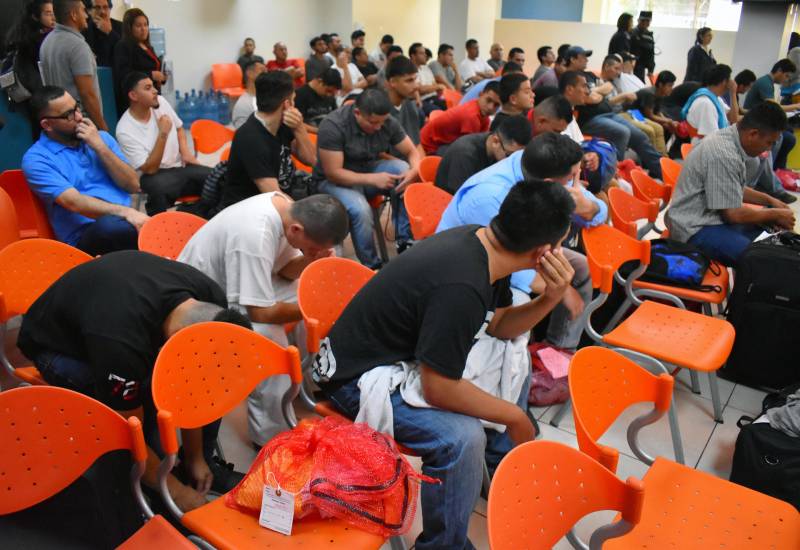In 2010, a young man fled gang recruitment and violence in his El Salvador neighborhood. He sought asylum in the United States, where his mother had already gone. But he and his mother were denied asylum and deported back to El Salvador.
Four months later, both were killed by gang members. The same gang that had caused them to flee in the first place.
That's just one account in a new report from Human Rights Watch, documenting the harm that can come to people deported back to El Salvador, including many asylum-seekers. The group documented almost 140 killings over a six-year period.

